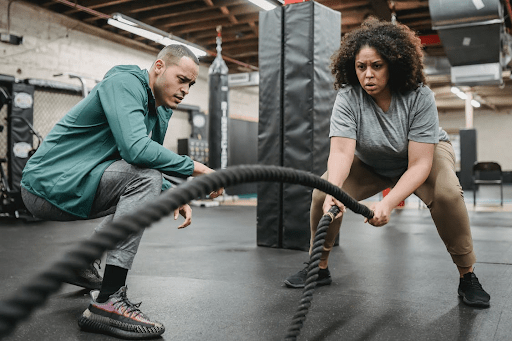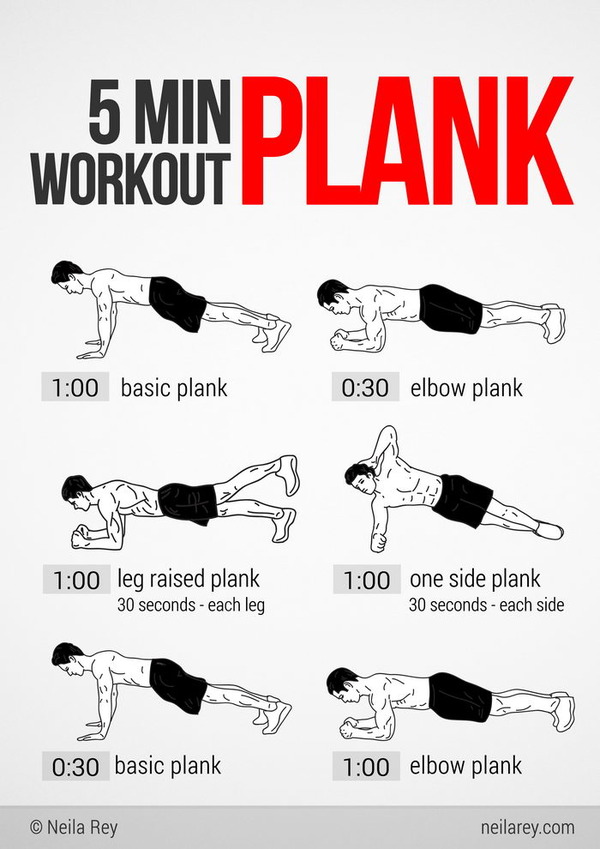
Flat shoes are not for everyone, but they can be very uncomfortable for beginners. It is best to consult a doctor before you make the switch. Flats are a great choice to speed work and race day. Flats are comfortable and lightweight, making them a great choice for speedwork.
Benefits of running in flat footwear
For someone who is new to running in flats, you can start with small sprints or jogs. You can gradually increase your mileage by increasing your mileage every day. After training, you might be able to transition to running in flat shoes if you've been running in regular shoes. However, it is not advisable to use flat shoes for long distances - this can lead to injuries.

The type of running and distance you are running will play a part in the choice of the right flat. A lighter shoe will be more comfortable for shorter distances. If you are running for a half marathon or more, you should choose a pair of shoes that weigh seven to ten ounces. This allows you to adjust the shoe's size as your running style changes.
Running in flat shoes has its down side
Flat shoes may be more comfortable than heels but they are less supportive than traditional running shoes. You must ensure that they fit properly. They can also take a little time to get used to, so it's best to start out with shorter distances and build up gradually.
Over-pronation can also be caused by flat feet. This can lead to pain in the ankles and knees as well as tension in the lower legs. This can result in poor posture and alignment. Additionally, it puts additional strain on the tendons in the ankles, which can lead to tendon injuries. This can be even more problematic on hard surfaces.

Other alternatives to running with flat shoes
Flat shoes are not the best option if your feet hurt. Flat feet are more likely to develop bunions or calluses at the base your big toe. To avoid complications, it is important to know how to properly run and what shoes and orthotics you should use.
FAQ
How many hours of sleep should you get each night?
The amount of sleep recommended depends on your age, gender, and personal needs. Most adults need 7 to 9 hours of sleep per day. Teenagers and children need approximately 10 hours of sleep per day, although this number decreases with age.
Which Is Most Important: Diet, Exercise, or Sleep?
This depends on what you're trying to achieve. Weight loss is possible by following a healthy diet. However, if you want to gain muscle mass, then exercise is the most important factor for building muscles. Because it affects your performance during the day, sleep is the most important factor.
Do I lose weight if I exercise?
Yes. Regular exercise can help you shed extra calories and lose weight. You can also increase your metabolism, which means you will continue to burn calories even if you don't exercise.
Statistics
- Globally, 28% of adults aged 18 and over were not active enough in 2016 (men 23% and women 32%). (who.int)
- In high-income countries, 26% of men and 35% of women were insufficiently physically active, as compared to 12% of men and 24% of women in low-income countries. (who.int)
- Physical activity confers the following maternal and fetal health benefits: a decreased risk of pre-eclampsia, gestational hypertension, gestational diabetes (for example, 30% reduction in risk) (who.int)
- According to the Centers for Disease Control and Prevention, chronic diseases cause 7 out of 10 deaths in the U.S., and treating chronic diseases accounts for 86% of U.S. healthcare costs. (mana.md)
External Links
How To
How to Stay Fit at Age 40
This article helps those over 40 to keep their body strong and healthy. It covers some basic advice on how to eat right, exercise, sleep well and take care of your mental health. This article offers tips for living longer and more healthy lives.
-
Eat Right - The first thing you should do when trying to stay fit is to ensure you're eating the right foods. You should avoid processed food products. Instead, eat whole foods, fruits, vegetables. Add something to your diet if it isn't what you like. You don't have to eat a lot. This won't help you lose any weight. Instead, try adding small amounts to your daily meals. If you normally only eat chicken breasts, you might consider adding turkey to your weekly meals. Or if you love pasta, try rice occasionally. Make these foods part of your daily routine.
-
Exercise - Workout at least 3 times per week. Include cardio activities such walking, running swimming biking, cycling, and dancing. Get enough sleep. It is recommended that you sleep for at least 8 hours each night. You should also ensure you get enough water throughout the day. Two liters (0.5 gallons), of water should be consumed each day.
-
Sleep well - A good night's sleep is key to staying healthy. According to the National Sleep Foundation, adults require 7-8 hours of sleep daily to maintain optimal physical and emotional health. Most people get less than 6 hours sleep each night. You might consider changing your sleeping patterns if you feel tired all day. To catch up on sleep, you can adjust your sleeping habits to get to bed earlier and wake up later. To help you relax and wind down, turn off your phone before you go to bed. Avoid caffeine after noon because it can cause insomnia.
-
Take Care of Your Mental Health - Taking good care of your mind is crucial for keeping your body healthy. Stressful situations can lead to poor eating habits and unhealthy lifestyle choices. It is important to practice stress management techniques like meditation, yoga, breathing exercises, relaxation, and breathing exercises. Try to spend one hour of your free time doing something enjoyable. This could mean taking a walk outside, playing sports, reading a book, listening to music, watching TV, etc.
The four above points will make you live longer and more healthy. These simple steps will help you achieve your fitness goals.